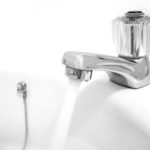On Regular Days
It’s easy to make mistakes when it comes to intimate hygiene, but don’t worry, we’re here to help. Here are some tips to keep your intimate area clean and healthy:
– Wash your intimate area at least twice a day with warm water. Always pat the area dry after cleansing.
– Avoid soaking in the tub for too long, whether it’s a hot or cold bath. Soap and bath oils can easily enter the intimate area and disrupt the pH balance, leading to infections.
– Opt for cotton or breathable fabrics for your underwear. If you prefer synthetic fabrics, make sure to choose a quality brand and wash them regularly.
– Wash your hands before cleansing your intimate area. Gently clean the labia and vaginal opening, avoiding any douching or internal cleansing.
– Consult a doctor before using any feminine hygiene products or washes.
– Hand-wash your underwear separately from other clothing items.
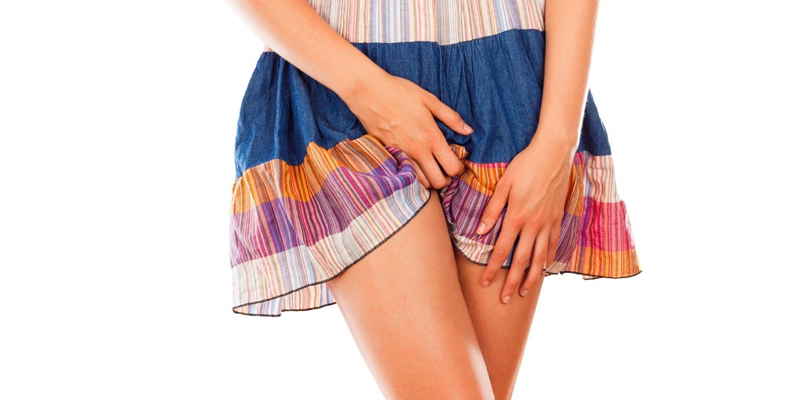
During Menstruation
Your body is more sensitive during your period, so take extra care. Here’s what you should do:
– Avoid soaking in the tub. Stick to warm water showers and use a soft cloth to cleanse your intimate area. If you’re feeling unwell, dilute soap with warm water to gently clean the area.
– Choose high-quality cotton pads or tampons, and change them frequently, at least every 5-6 hours, to prevent infections.
– Wash your intimate area a minimum of four times a day, especially when changing pads or tampons.
– Consider hair removal to keep the area dry and clean.
– Change your underwear frequently, especially if it feels damp. Aim for at least three changes per day to prevent bacterial growth.
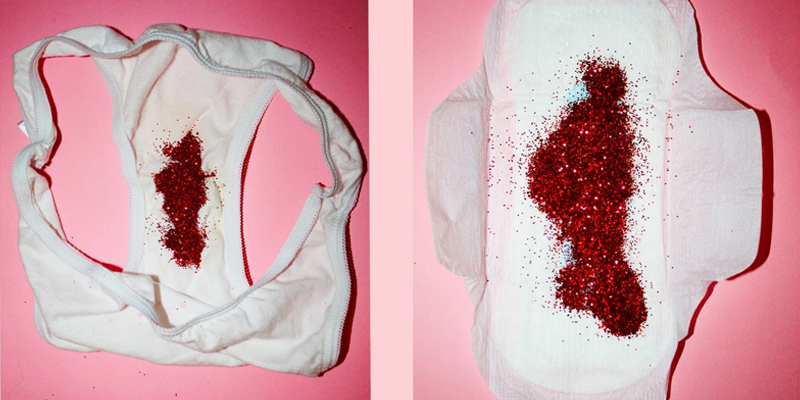
During Pregnancy
Pregnancy is a crucial time for your intimate hygiene, as it affects both your health and that of your baby:
– Avoid soaking in the tub. Instead, use a bucket or shower with warm water.
– Opt for natural, pH-balanced intimate washes, and avoid harsh soaps.
– Wear comfortable, loose-fitting cotton underwear, and change into a fresh pair when you get home.
– Keep your body clean, and wash your hands with warm water before cleansing your intimate area. Wash your intimate area at least three times a day, and change your underwear at least three times a day as well.
– Use premium cotton daily pads to manage leukorrhea, a common occurrence during pregnancy. Keep a spare pair of high-quality underwear with you at all times.

After Childbirth
Your intimate area goes through a lot during childbirth, so it’s important to take extra care to avoid infections and promote healing:
– Use warm water to rinse or douche your intimate area after using the toilet. Place a soft towel under your buttocks to reduce pain when urinating.
– Use premium cotton or overnight pads, as there will be a lot of discharge and blood. Consult a doctor immediately if you experience a foul odor, heavy bleeding, or a fever above 38°C.
– Wear loose-fitting cotton or breathable underwear to keep the area dry and comfortable.
– After cleansing, pat the area dry with a soft towel instead of toilet paper.
– Avoid regular intimate washes, and consult a doctor before using any products.
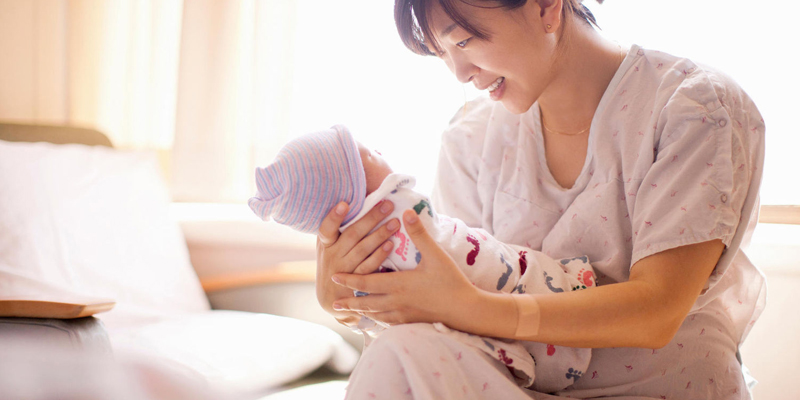
Before and After Sexual Intercourse
Proper intimate hygiene before and after sex is crucial to prevent infections and maintain your vaginal health:
Before Intercourse
– Take a warm shower and use a mild, diluted intimate wash to cleanse the outer labia. Pat the area dry with sterile gauze or toilet paper.
– Only use warm water to cleanse the inner labia, as this area is sensitive and easily irritated.
After Intercourse
– Urinate within 10 minutes of intercourse to flush out any bacteria that may have entered your urinary tract. Delaying urination allows bacteria to multiply, increasing the risk of infection.
– Rinse your intimate area with warm water, avoiding any internal cleansing. Refrain from using intimate washes, as your pH levels are still adjusting.

After Urination and Defecation
It’s important to pay attention to intimate hygiene after using the toilet to prevent infections:
– Use toilet paper to wipe your intimate area from front to back to avoid transferring bacteria from the anus to the vagina.
– If possible, rinse your intimate area with warm water after wiping, and pat it dry to maintain dryness.
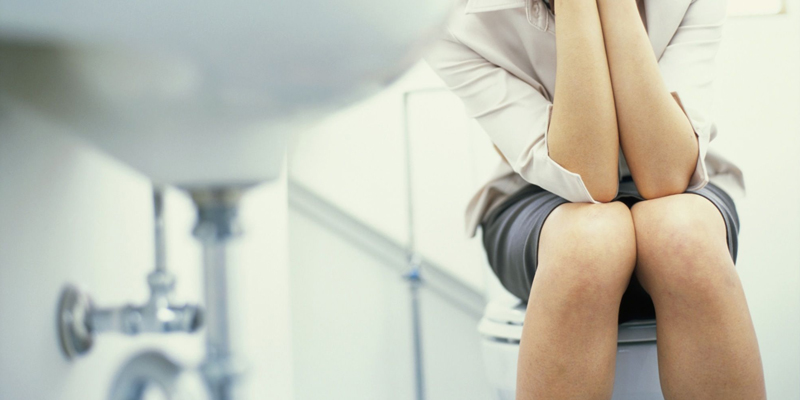
Notes on Using Intimate Washes
When using intimate washes, choose reputable brands with a low pH to maintain your intimate area’s natural pH balance.
If you have a weak constitution or a history of gynecological issues, consult a doctor before using any intimate washes.
Avoid harsh chemicals or strong detergents for intimate cleansing.
Limit the use of intimate washes to twice a day, and avoid douching or internal cleansing.
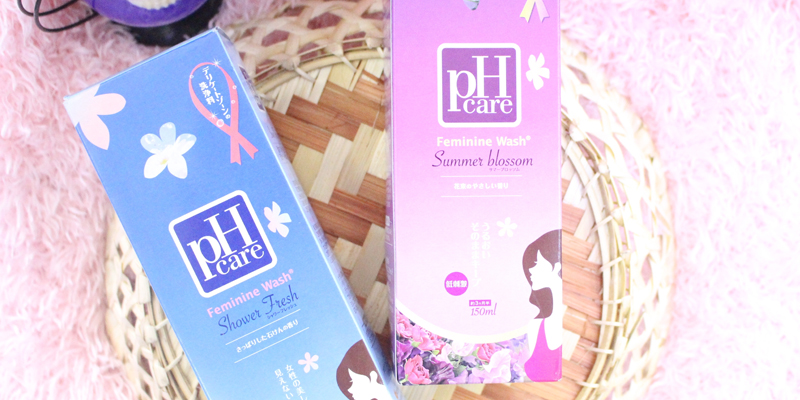
Source: lamdepvungkin.net
The above tips provide a guide to maintaining intimate hygiene and protecting your vaginal health. We hope you find them useful and avoid common mistakes when caring for your intimate area.
Is Shaving the Bikini Area Necessary for Expectant Mothers During Childbirth? What You Need to Know.
Pregnancy and childbirth are monumental moments in a woman’s life, and preparing for labor can be a daunting task. One question that often arises is whether expectant mothers should consider grooming their nether regions prior to delivery. In this introduction, we will delve into the benefits of bikini line hair removal during pregnancy and explore why it might be a worthwhile consideration for soon-to-be mothers.
The Benefits of Using Intimate Feminine Wash
Is plain water enough for intimate hygiene, or should women opt for specialized feminine hygiene washes? If you’re unsure about incorporating feminine washes into your routine, we’ve got you covered! Discover compelling reasons to consider using feminine hygiene washes and decide for yourself.
























